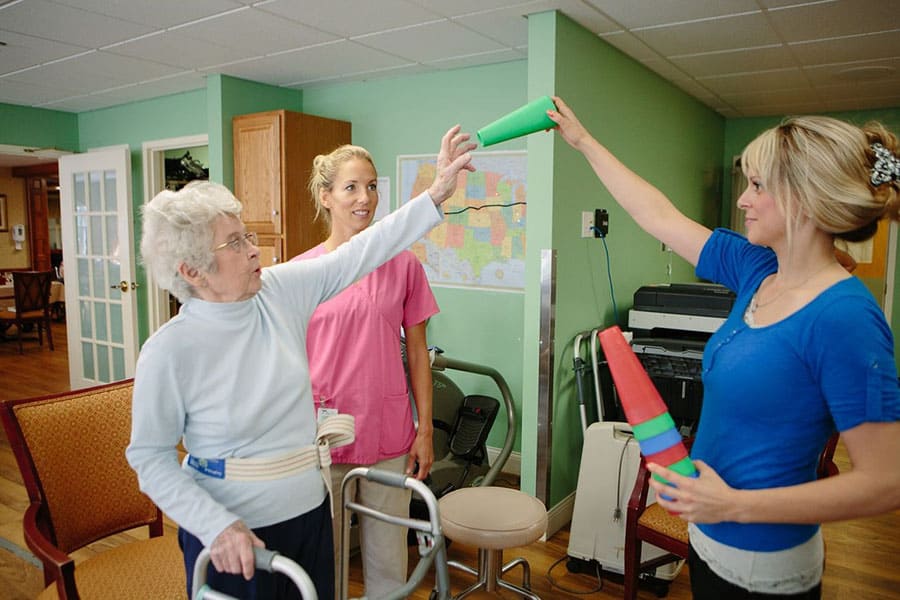RCOT says Government’s crackdown on “low-skilled” immigration could have significant repercussions for the social care staffing crisis

Following the announcement that the UK Government will introduce a new points-based immigration system from January 2021, the Royal College of Occupational Therapists (RCOT) has responded, highlighting the ways in which it could affect occupational therapy and social care.
According to the Government, the new system will “ensure that the UK continues to attract the brightest and the best from around the world.” Points will be awarded for specific skills, professions, salaries or qualifications/attributes, and visas will be awarded to those who gain sufficient points.
However, applicants will be able to ‘trade’ characteristics if they do not meet all the requirements. Tradeable points will be given for salary, a job offer in a specific shortage occupation, and educational qualifications.
RCOT has noted that as occupational therapy is on the shortage occupation list, the new rules are not an impediment to working in the UK.
Additionally, the new points-based system aims to reduce migration levels within the UK and the borders will be closed to “low-skilled” workers and all migrants will have to speak English.
Commenting on the announcement, RCOT’s Assistant Director – Professional Practice Karin Orman said: “We welcome the clarity from Government on the future of the immigration system. It is positive that the NHS Visa has been formalised and that the fast-tracking and reduced visa costs will apply to EU and non-EU citizens that want to come to the UK to work in the NHS.
“Occupational therapists from overseas should keep in mind that the new rules are not an impediment to working in the UK since the profession is on the shortage occupation list.
“However, there is still work to be done to address barriers to potential overseas NHS staff, such as the Immigration Health Surcharge. Furthermore, the Government’s crackdown on so called “low-skilled” immigration could have significant repercussions for the staffing crisis in social care, which is already heavily reliant on overseas workers on modest and low incomes.”

